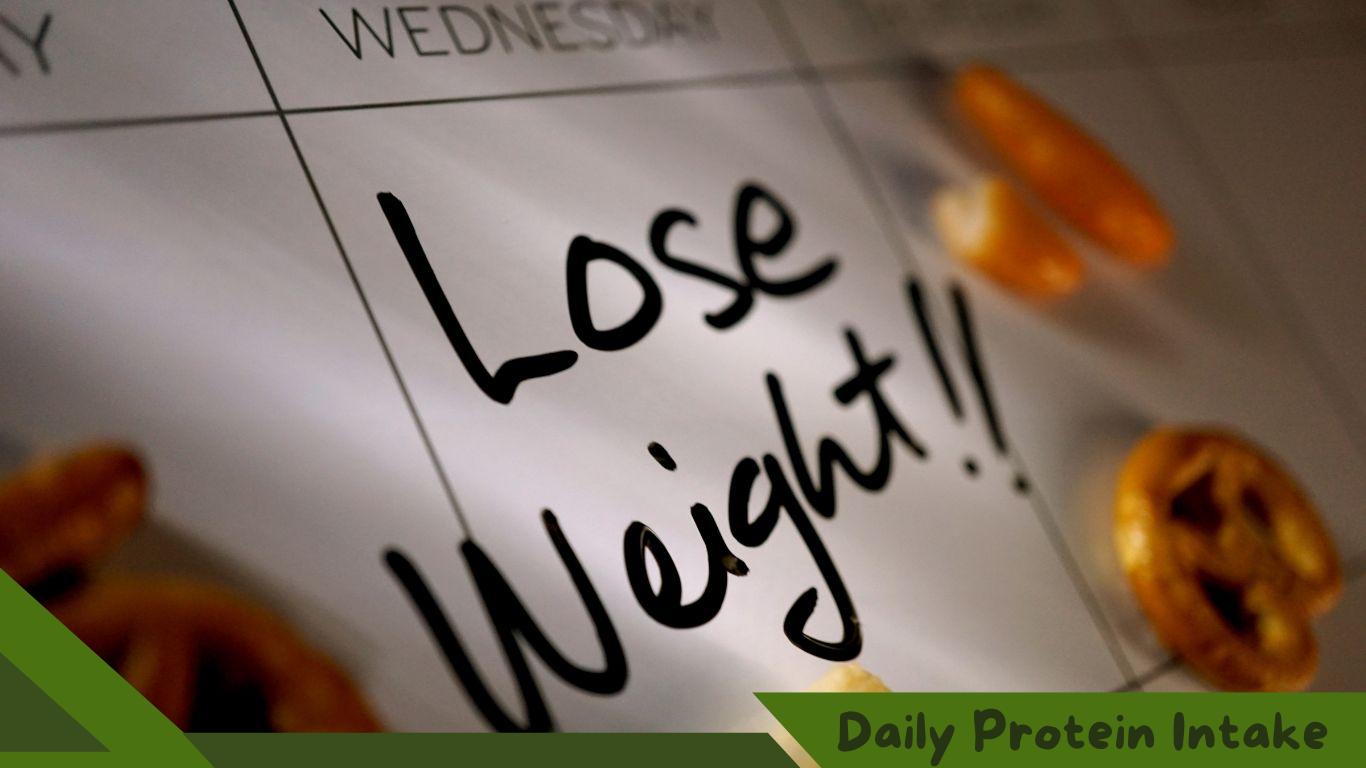The Benefits of High-Protein Diets for Weight Loss

Do you want to lose weight and don’t know which diet to choose? A high-protein diet is an excellent option. High-protein diets can help you lose weight and provide other benefits. In contrast to low-fat and low-carb diets, recent studies have shown their effectiveness. In this article, we’ll discuss how a high-protein diet can aid weight loss. We’ll look at its benefits.
What is a High-Protein Diet?
Before we dive into the benefits of a high-protein diet, let’s first define what it is. A diet with lots of protein is called a high-protein diet. This means you eat about 30% of your calories from protein. You can get this from meat, fish, eggs, dairy, and plant-based sources such as legumes and nuts.
How Does a High-Protein Diet Lead to Weight Loss?
There are several ways in which a high-protein diet can lead to weight loss. Protein makes you feel full for a long time compared to carbs and fat. This is because it is more satisfying. This can help reduce overall calorie intake, leading to weight loss over time.
Protein has a high thermic effect. This means the body uses more energy-digesting protein than carbs or fat. This can lead to a higher metabolic rate, which can help you burn more calories throughout the day.
Benefits of a High-Protein Diet for Weight Loss
- Reduced Appetite and Cravings A high-protein diet can help reduce appetite and cravings, leading to a reduction in overall calorie intake. This can be especially helpful for those who struggle with snacking or overeating.
- Increased Muscle Mass A high-protein diet can help preserve and increase muscle mass, which can help boost metabolism and burn more calories at rest. This can lead to more effective and sustainable weight loss.
- Improved Metabolic Health A high-protein diet can help improve metabolic health markers, such as blood sugar levels and cholesterol levels. This can reduce the risk of developing chronic diseases such as diabetes and heart disease.
- Reduced Belly Fat Studies have shown that a high-protein diet can lead to a reduction in belly fat, which is associated with an increased risk of several health problems. By reducing belly fat, a high-protein diet can improve overall health and well-being.
- The Connection Between Protein Intake and Metabolism for Weight Loss.
How to Incorporate a High-Protein Diet
If you’re interested in incorporating a high-protein diet into your weight loss plan, there are several ways to do so. Here are some tips:
- Choose protein-rich foods such as lean meats, fish, eggs, dairy, legumes, and nuts.
- Aim for around 30% of your daily calorie intake to come from protein.
- Consider incorporating protein supplements, such as whey protein powder, into your diet.
- Be mindful of overall calorie intake and aim for a calorie deficit to promote weight loss.
Potential Risks of a High-Protein Diet
While a high-protein diet can be beneficial for weight loss and overall health, it is important to note that there are potential risks associated with consuming too much protein. These include:
- Kidney Damage Consuming too much protein can put a strain on the kidneys, which can lead to kidney damage over time.
- Nutrient Deficiencies A high-protein diet can sometimes lead to a deficiency in other essential nutrients, such as fiber and certain vitamins and minerals.
- Increased Risk of Heart Disease Consuming too much protein from animal sources, such as red meat, can increase the risk of heart disease.
Conclusion:
Eating foods with lots of protein can help you lose weight and be healthier. A high-protein diet can help you lose weight and lower your risk of disease. It does this by making you less hungry, building up muscle, and improving your metabolic health. It’s crucial to watch out for risks when eating too much protein. Eat a mix of healthy nutrients for a balanced diet.
FAQs:
Q1. Can a high-protein diet be harmful to my kidneys?
Eating too much protein can harm your kidneys in the long run. However, if you eat a moderate amount of protein and have healthy kidneys, there is no reason to worry.
Q2. Can I lose weight on a high-protein diet without exercise?
Exercise can aid in weight loss, but a diet rich in protein can also lead to weight loss without exercise. Adding exercise to your weight loss plan can improve your results even more.
Q3. Can I follow a high-protein diet if I am a vegetarian or vegan?
Absolutely. You can find many plant sources of protein for a high-protein diet, like beans, nuts, and soy.
Q4. Can I consume too much protein on a high-protein diet?
Eating too much protein can cause health problems. These may include kidney damage and lack of nutrients. Eating a moderate amount of protein is key to a healthy diet. Remember to also get enough of other important nutrients.
Q5. Is a high-protein diet sustainable in the long term?
A diet with lots of protein can last a long time if you eat a mix of healthy foods with nutrients. To have a healthy diet, it’s important not to eat too much protein and to balance the nutrients you need.




